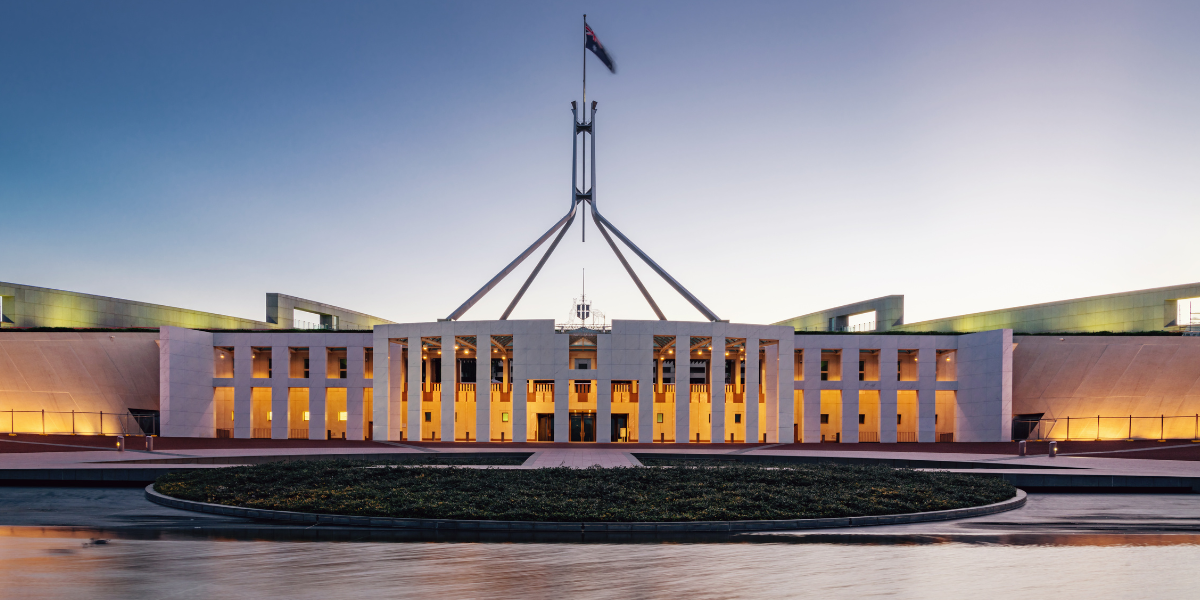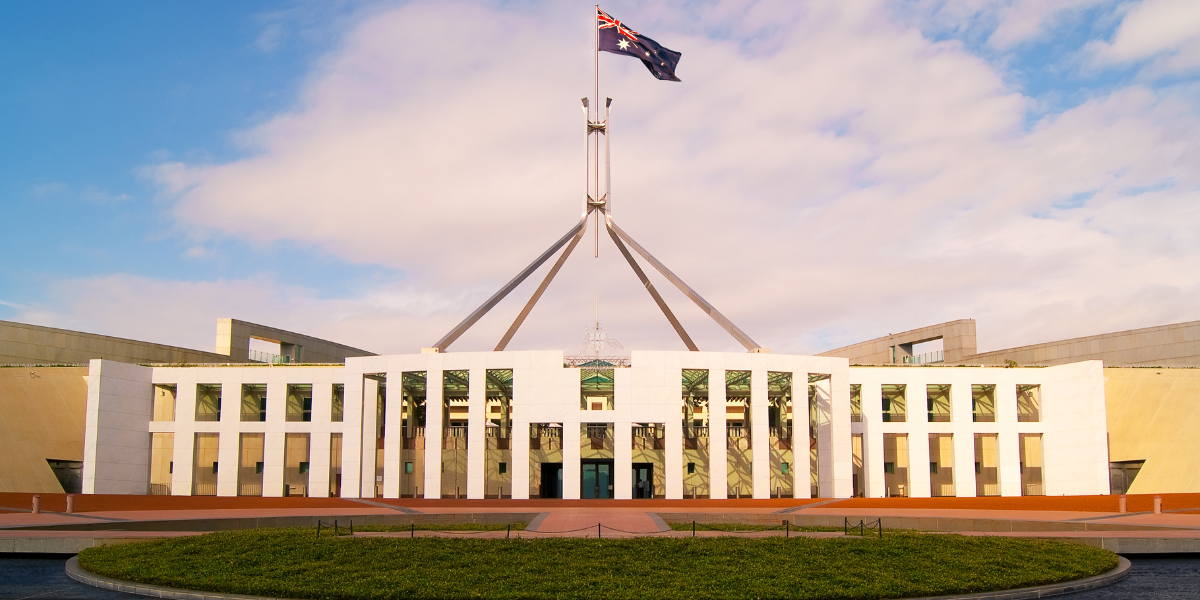On Friday, 12 December 2014, a free trade agreement (FTA) between Australia and Korea entered into force.
The Korea-Australia Free Trade Agreement (KAFTA) supports one of the strongest and most complementary economic relationships in the Asia-Pacific region. As a world-class and comprehensive bilateral agreement, KAFTA substantially liberalizes Australia’s trade with its fourth-largest trade partner.
The Agreement protects and enhances the competitive position of Australia’s businesses in South Korea. Australian exporters gain significantly improved market access in goods, with tariff elimination on nearly all Australia’s current exports by value by full implementation of the Agreement.
The Agreement helps level the playing field for Australian exporters competing with those from the United States, the European Union, Chile and the Association of South East Asian Nations (ASEAN), who benefit from existing trade deals with Korea. Without KAFTA, Australian exporters would continue to face a disadvantage in the Korean market.
A key impediment to importing and exporting goods is tariffs (customs duties) – taxes imposed by governments on goods arriving from overseas. KAFTA sets Korean tariffs at zero for 84 per cent (by 2013 import value) of Australian exports on day one of KAFTA’s operation, rising to 95.7 per cent within 10 years and 99.8 per cent once KAFTA is fully implemented. KAFTA also sets Australian tariffs at zero on 86 per cent of Korean exports from day one, rising to 100 per cent in eight years.














